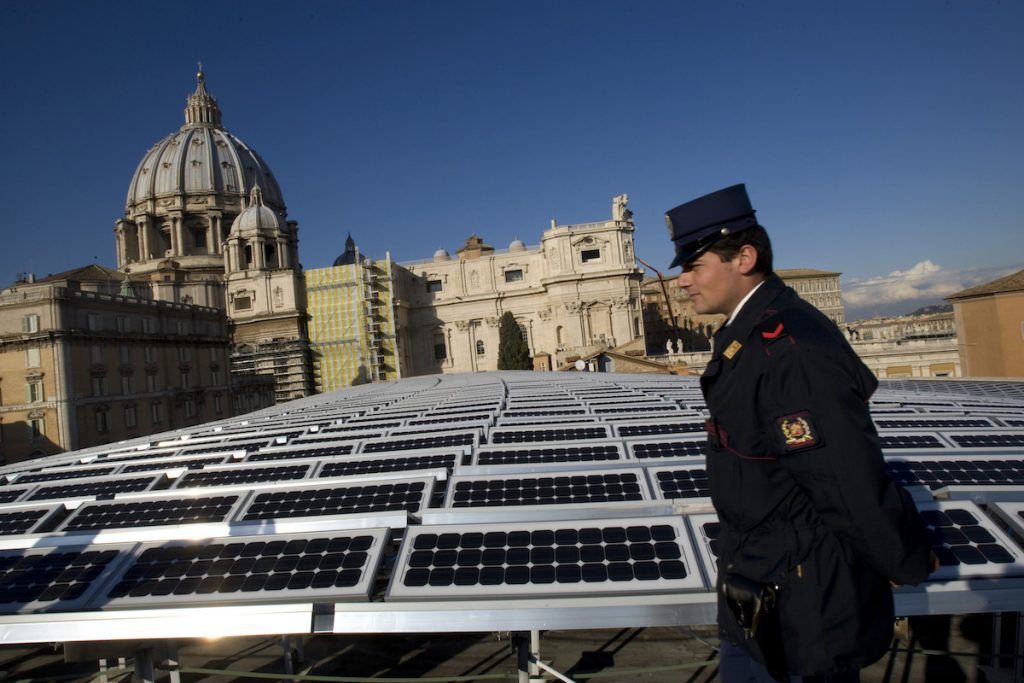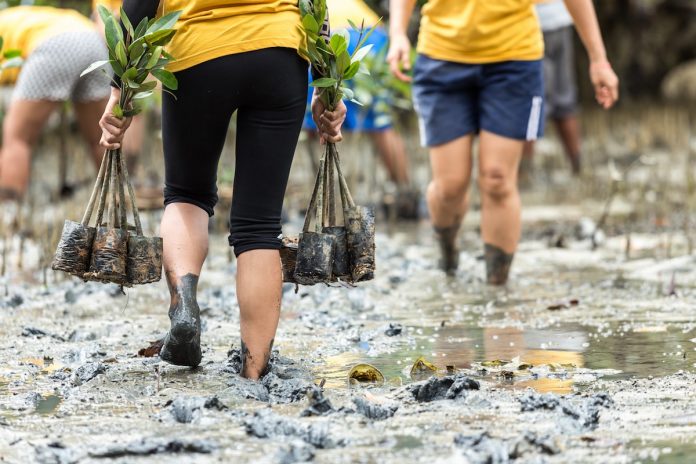The Vatican has released a 200-page document that aims to inspire and guide the faithful to put their faith into action to promote integral ecology and care of creation.
On the fifth anniversary of Pope Francis’ encyclical Laudato si’ on June 18, the Holy See released the guide for Catholics and church offices on how to bring out concrete ecological actions.
The text, titled On the Journey for Care of the Common Home, was put together by the inter-dicastery group for integral ecology that was formed in 2018.
It offers “an orientation to the action of Catholics in the secular dimension and to ask every Christian to examine their own behavior, also in everyday life.”
The document is a “users’ guide” on how to achieve ecological conversion and implement concrete measures, such as personal diet, carpooling, recycling, divestment on dirty energy sources, among others.
“The health emergency, loneliness and isolation resulting from measures to combat contagion have suddenly placed us before our fragility as finite creatures and calls us to discover or rediscover what is essential in our lives,” the document read.
It said the care for the poor and the environment “can no longer be attended to with indifference” in the midst of the coronavirus pandemic.
The document is composed of 12 thematic sections, each beginning with a quotation from Laudato si’.
It is followed by a brief introduction and contextualization of the quotation and a list of references for related papal documents and speeches from Pope Francis and several of his predecessors.
Each section concludes with actions to take and examples of “best practices” from Catholic groups and bishops’ conferences around the world on caring for the common home.
The document has two chapters dedicated to “Education and Ecological Conversion” and “Integral Ecology and Integral Human Development.”
The document encourages a change in how humanity perceives creation, the spirit of dialogue, and awareness of the interrelations of the world’s pressing issues.

It urges governments and nations to enact laws and policies that will advance the protection of vulnerable ecosystems and foster the rights for a safe and healthy environment.
It particularly mentioned enshrining water as a “universal human right” and the promotion to protect the Amazon and the Congo River Basin.
The document has a chapter dedicated to communication and its “profound analogy” with the care of all creation, saying that both are based on “communion, relationship, and connection.”
The “ecology of the media” urges practitioners to highlight the links between “human destiny and the natural environment” while balancing the social power by empowering the people.
Referring to Pope Francis’ statement that “whenever food is thrown out it is as if it were stolen from the table of the poor,” the document advocates against food waste.
It also presses for policies that combat a “demographic winter,” and policies that advance prison care and health care, and the protection of human life and the dignity of life.
It calls for the promotion of “diversified and sustainable” agriculture and has a fierce stance against land grabbing and the expansion of agri-business industries.
The document also urges students to study alternative cultural models and the “theology of creation,” including a reflection on the concept of a “sin against creation.”
To counter the “throwaway culture,” people from different generations, including children and the elderly, are encouraged to have discussions.
To lessen carbon footprints, the document suggests the use of bicycles and carpooling. It also advocates for accessible renewable energy sources.
The document puts an emphasis on “people first before profit” and pushes for projects aimed to clean the world’s oceans and seas.
It also urges the public to expose the “informal economy” that leads to exploitation. It presses governments and the private sector to provide “just salaries” for both men and women.
The final chapter of the document is about the commitment of the Vatican City State and discusses the four operational areas in which the implications of Laudato sí are applied.









